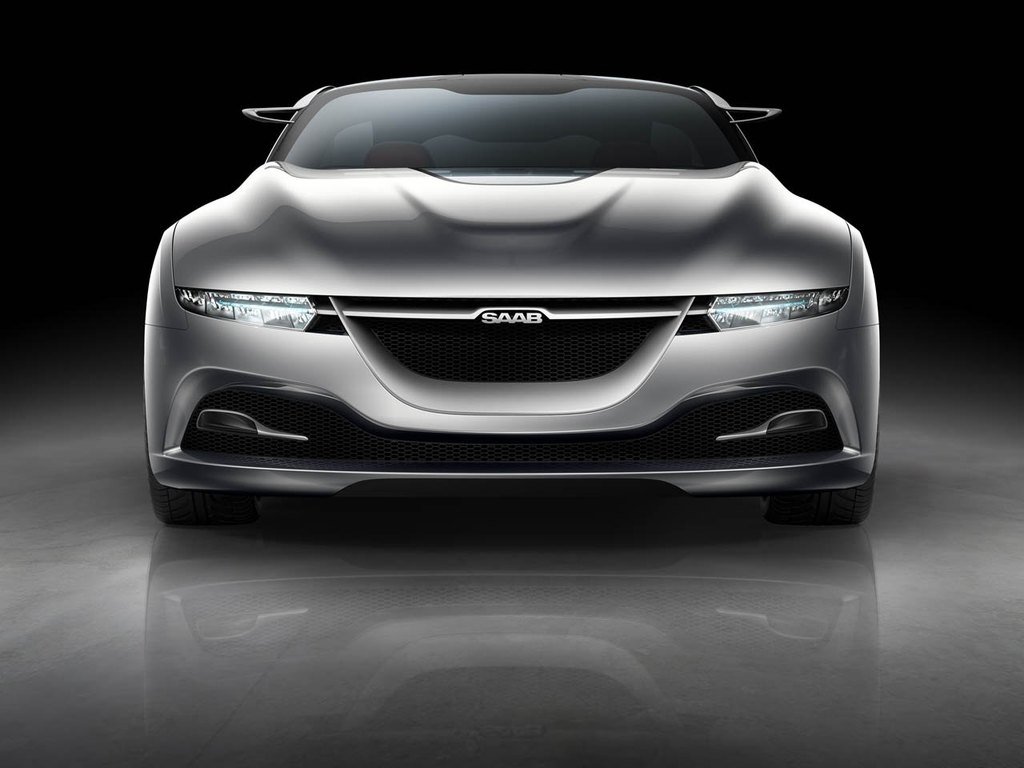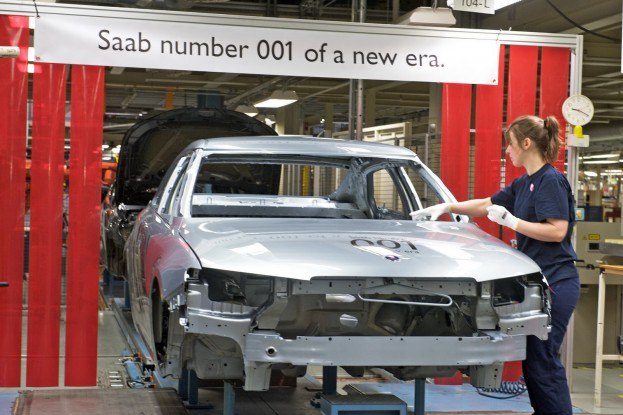Few companies have seen as much of a public, back-and-forth drama as Saab. Not just the high pace of events over the past few months, but also over the past few years.
A little over a year ago, General Motors sold Saab to Spyker, after months of negotiations with different sale partners. With loan backing from the European Investment Bank, everything was in the clear right? Not so fast – the company was hit with a cash crunch earlier this year that resulted in production stoppages at the Trollhattan plant.
Multiple deals, with Russian investor Vladmir Anotov and Chinese manufacturer Hawtei were concocted. A few days ago, the Hawtei deal fell through. Now, a memorandum of understanding with a new Chinese company, Pangda Automobile, has been signed.
Automotive News reports that Pangda Automobile is China’s largest automobile distributor, which recently completed an initial public offering (IPO) that raised US $1 billion.
As part of the memorandum of understanding, Pangda will purchase Saab vehicles worth 30 million euros ($42.4 million USD at current exchange rates), along with a subsequent purchase of vehicles worth 15 million euros ($21.2 million). These cars will be sold by Pangda in China. Pangda also sells Toyotas, Hondas and Subarus.
The deal is important for many reasons, as it gives Saab an entrance into the Chinese market with a stable partner. Also, the Pangda’s status as a distributor and not a manufacturer is unique and beneficial for a few different reasons. Regulatory approval will be much quicker as Pangda’s initial purchases have primarily to due with supplying its dealers.
Victor Muller, Saab/Spyker Chief Executive of Officer, says the funding is medium term and will carry the company though for a year.
This deal looks attractive for Saab. The initial purchases should be enough to sustain the company for the near term, while a long-term deal is put in place, such as Pangda taking a stake in the company.
It is clear that for Saab to survive, it will need to find a Chinese partner with the funding and vision to see the plan work. Until some stability can be brought to the situation though, Saab’s image will continue to erode.



